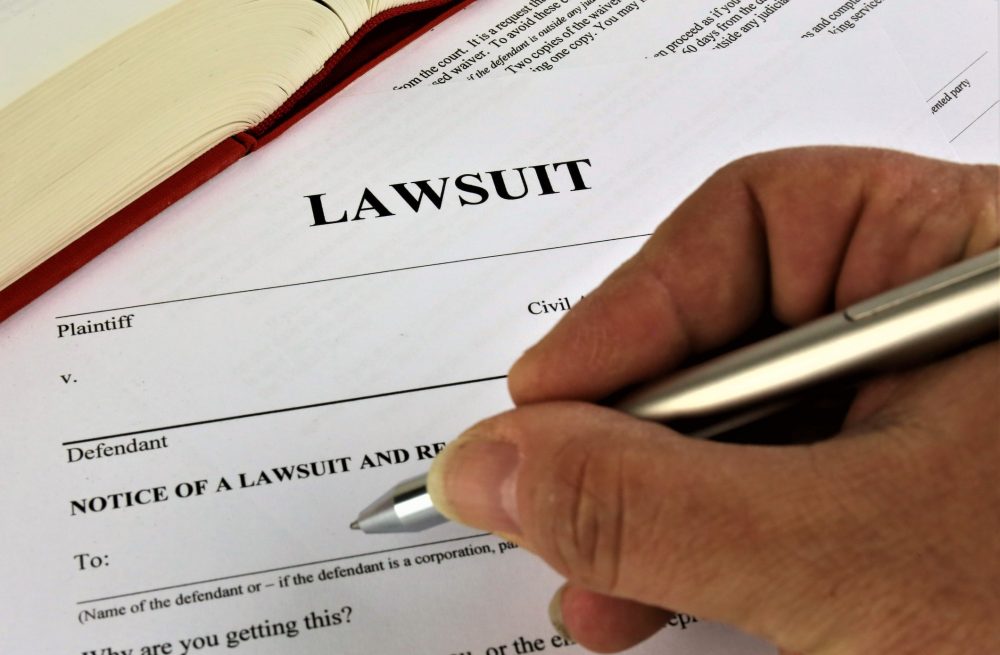You cannot simply ignore a lawsuit brought against you because you do not want to participate or you do not know what to do. Once an action is filed, and you are served with the initiating documents, namely a Summons and Complaint, the clock starts ticking on your time to respond. The consequences of failing to respond are severe. If you fail to respond, the person seeking to recover against you may obtain a Default Judgment, awarding the damages sought.
This is exactly what happened to the defendants in the recent case of BMO Harris Bank, N.A. v. RWB Trucking, Inc. Plaintiffs filed a Complaint against the defendants on October 14, 2016. The defendants did not respond, or “Answer” the Complaint. In January 2017, the plaintiff obtained a final judgment by default against the defendants and was awarded the damages alleged in the Complaint.
Plaintiff then unsuccessfully began the procedure to collect on their judgment. In July 2019, the plaintiff moved to sell the real property of the defendants, and their motion was granted. After the Court ordered the sale of the real property, the defendants finally responded and moved to vacate the judgment and avoid the order to sell the home. Defendant, who was in California at the time of suit, argued that he was not aware of the New Jersey litigation and that all correspondence related to the case were lost in a December 2017 house fire. Defendant argued to the trial court that both the failure of his company and the house fire destroyed his financial means, and constituted excusable neglect and exceptional circumstances for not answering the plaintiff’s Complaint. The trial court disagreed and denied the defendant’s motion. Defendant appealed the decision, without the assistance of an attorney.
The Appellate Division ruled that the trial court properly followed the established New Jersey law with regard to final judgments, and individuals seeking relief from a final judgment. Under the rule, a final judgment can be vacated for reasons including mistake, inadvertence, surprise, or excusable neglect. A motion to vacate a final judgment by default, for excusable neglect, must be brought within one year after the judgment is entered.
The Appellate Division further ruled that the defendant had not met the standard for excusable neglect. The default judgment was entered by the Court in January 2017, and the defendant, who was not represented at that time, consulted with an attorney in February 2017. Defendant claimed he did not know about the default judgment, but the Court found that the information was available and there was nothing that prevented the defendant from finding that information and upheld the trial court’s decision.
It is imperative that when served with a lawsuit, you must respond in a timely fashion. If you are unsure how to do that, or if you are not comfortable doing so on your own, it is best to have experienced counsel to fight with you and for you.

